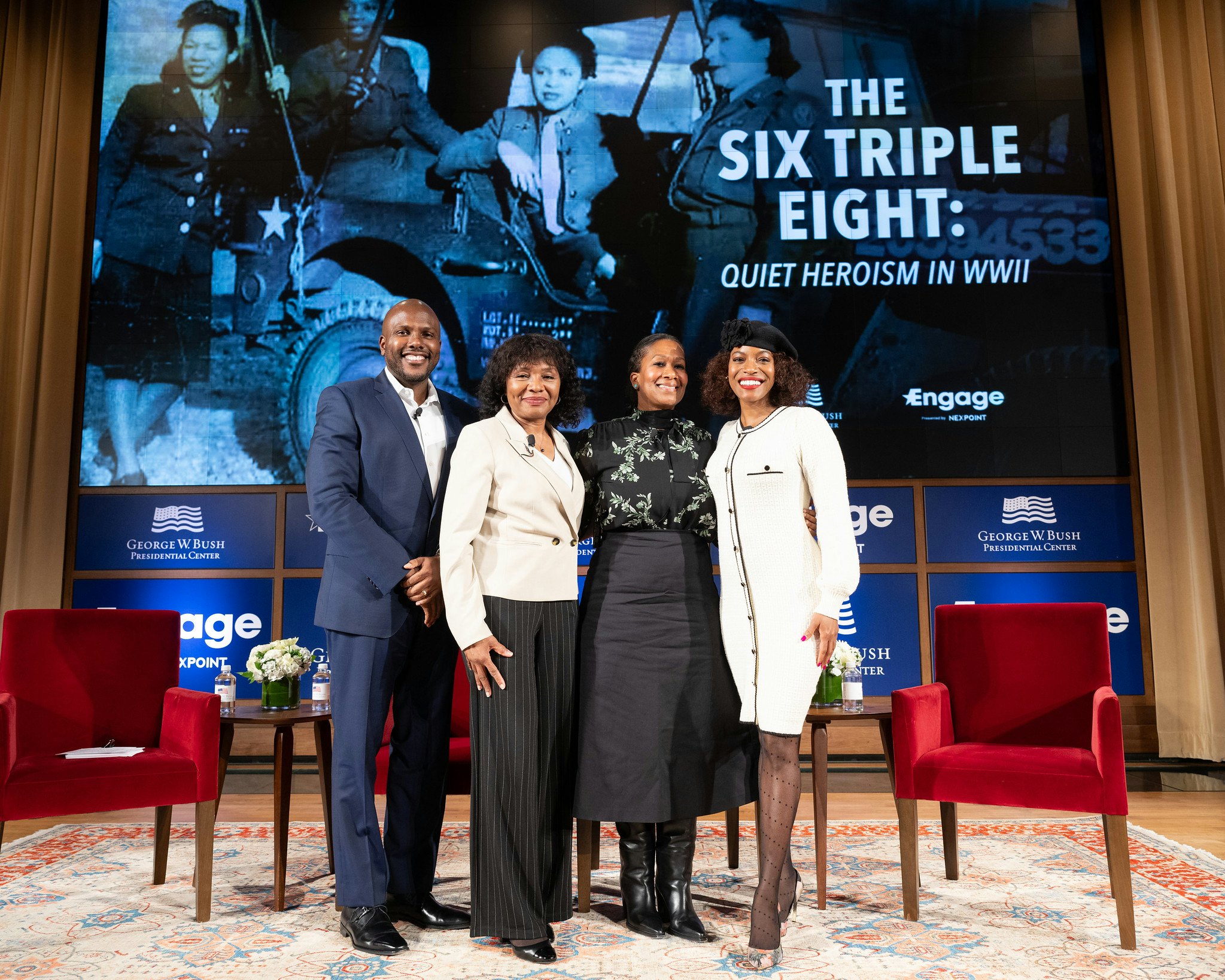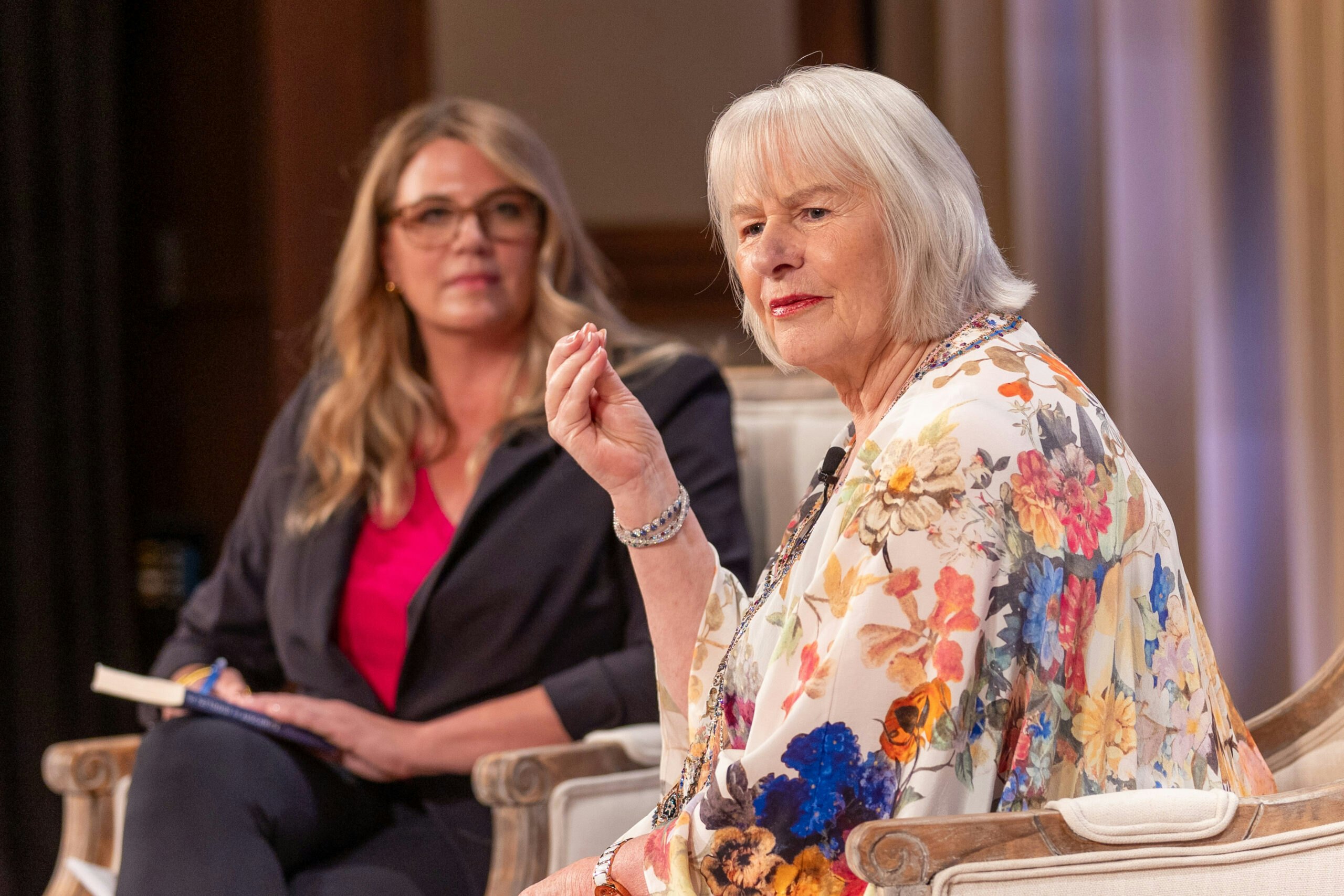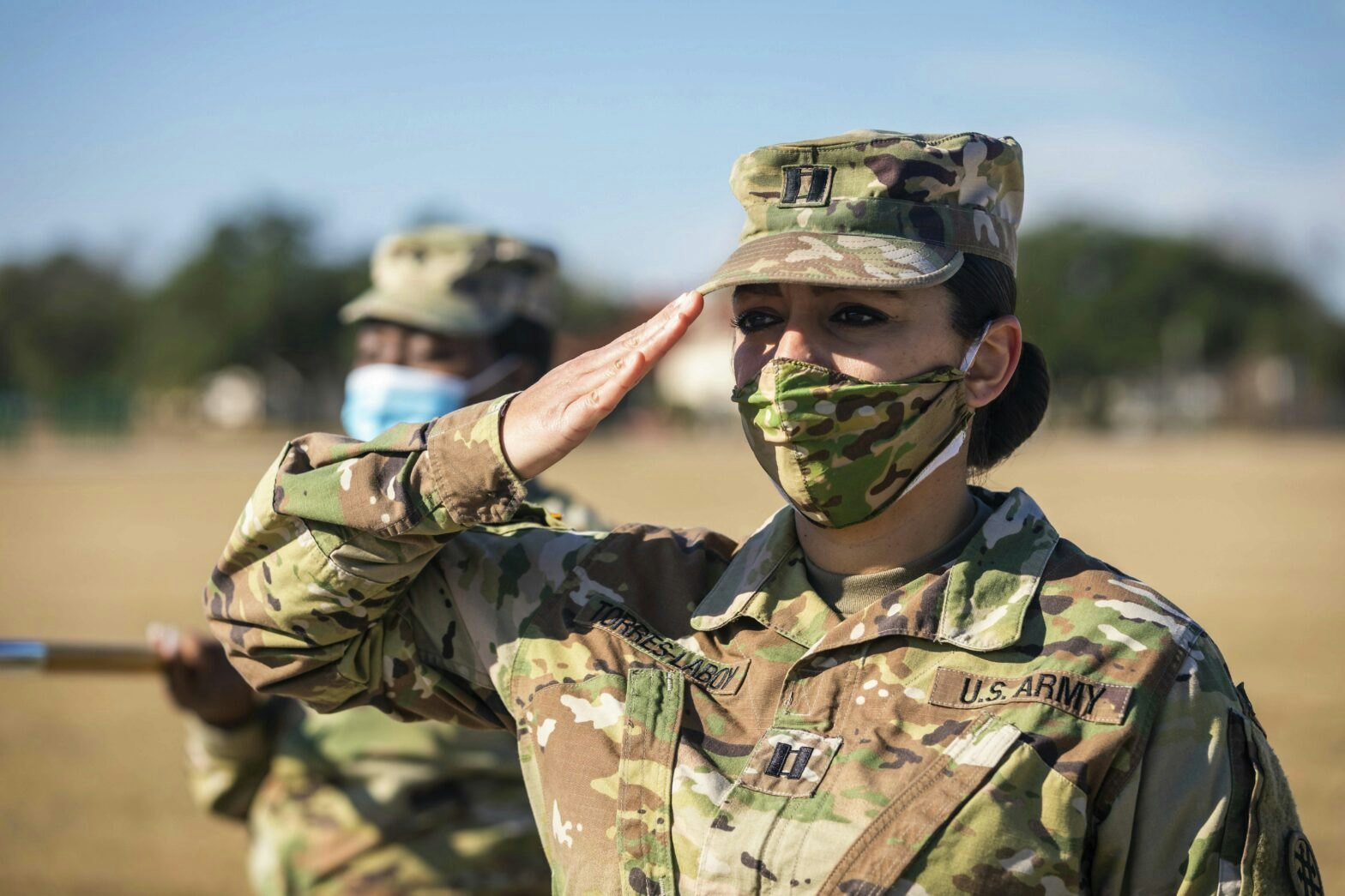Each time I meet a woman from Afghanistan, I am reminded that although women faced the harshest treatment under the Taliban, today they are one of...
Each time I meet a woman from Afghanistan, I am reminded that although women faced the harshest treatment under the Taliban, today they are one of the country’s strongest assets for peace. We need to remember this fact now as Afghan officials negotiate with the Taliban and the United States prepares to withdraw 10,000 troops from the country. Afghanistan is at that delicate moment in the development of a free society when the weight of its new institutions will either shift toward a free future or back toward an oppressive past. And whether it continues to protect and expand human rights could determine in which direction the country goes. We have reason to worry. The Taliban continue to wage war against civilians even while the Afghan government seeks peace. And while girls are back in school, they are not attending school in the same number as boys. Violence against women remains a problem, especially in the country’s many rural areas. What’s more, some in the West are losing their focus on Afghanistan. If Americans become disengaged, many of the gains made in Afghanistan over the past decade could be lost. Fortunately, we can see signs that, with a little help, Afghanistan will tip toward a bright future. For example, Dr. Rahela Kaveer, one of the courageous women I have met, came to Dallas earlier this year to join other Afghan women in telling their stories at a conference hosted by the George W. Bush Institute. Dr. Kaveer founded the Afghan Women Empowerment Organization in 2009 to help women in rural areas. Her organization is just one of many organizations and businesses run by women in Afghanistan. Women like Dr. Kaveer prove what studies have shown to be true — that when women participate fully in economic and civic affairs, they become a powerful force for peace and prosperity. Women’s freedom makes long–lasting peace more likely, because women demand improvements to education, healthcare and other critical systems. They become agents for moderation in politics by pressing governments to pay attention to the practical needs of their people. Over the past decade, Afghanistan has made tangible progress in expanding freedom and opportunities for women. The country now has a constitution that guarantees 25 percent of the seats in Parliament to women. A woman is governor of the province that is home to the ancient Buddha statues destroyed by the Taliban. And Afghanistan has enrolled more than two million girls in school, up from virtually none under the Taliban. Women are also emerging as leaders in business. By earning a pay check and creating jobs for others, these women are expanding the role of women throughout their country. Americans have been vital partners in this progress by opening up avenues of trade, donating supplies and providing training and expertise. American school children raised millions of dollars for Afghan school supplies in the fall of 2001 and Goldman Sachs’s 10,000 Women Project is training women all over the world, including Afghanistan, in business leadership. Dr. Kaveer is a graduate of Peace Through Business, an initiative run by the Institute for the Economic Empowerment of Women. Kate Spade New York is working to bring Afghan goods to U.S. markets through an initiative called Hand In Hand. To help focus congressional attention on the need to protect women’s rights in Afghanistan, a bipartisan group of lawmakers led by Reps. Cathy McMorris Rodgers (R–Wash.) and Donna Edwards (D–Md.) recently launched the Afghan Women’s Task Force. These initiatives and others like them provide women with opportunities to become leaders within their communities. Since 2001, American women have asked me what they can do to help their Afghan sisters half a world away. I am heartened by the compassion of American women and I encourage them to get involved. I’ve been working with the U.S.–Afghan Women’s Council, a public–private partnership that was launched in 2002 and works to connect the U.S. and Afghan governments to private initiatives for women and children in Afghanistan. These efforts are critical to the long–term success of Afghanistan because they keep the spotlight on pressing needs and help steer resources to meet them. In 2007, I met with Afghan women at the White House who told me that they live in daily fear that the Taliban’s violence will reverse Afghanistan’s progress toward freedom. Their message was that we must take advantage of this time, or as one woman parliamentarian put it: “This is our only chance.” Today, there is a good chance of success as long as Americans remain engaged and women’s rights are protected. Bush is former first lady of the United States.























